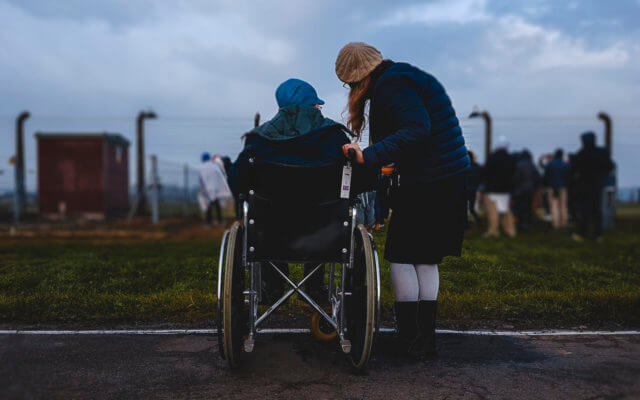ERASMUS+, Key Action 1: training course
Dates: 12—20 August 2025
Venue: Vranov nad Dyjí, National park Podyjí, Znojmo region, Czech Republic
National team: 4 participants-youth workers
Please read the info-pack. Please also enjoy:
- the “Fill the GAP (Ground | Accept | Proceed)” meditation created by the project’s participants,
- meditation Dreams.
Hosting organisation: EYCB
Project description:
The training course “Fill the GAP: (Guided Adaptation Practices)” addresses the urgent need for mental health support among youth, particularly in the context of the ongoing challenges posed by the COVID-19 pandemic, conflicts such as the war in Ukraine, and general societal pressures. This initiative aims to enhance the understanding of mental health issues among youth workers, empowering them to implement effective mental health strategies in their work with young people.
The primary goal of this training course is to provide valuable professional development opportunities through non-formal and informal learning experiences. Emphasis will be placed on practical skills that can be directly applied in their youth work practices.
This training course is fully aligned with the Erasmus+ Programme’s priority of “Social Inclusion” and the European Commission’s focus on mental health as a critical aspect of well-being and community resilience.
Before outlining the specific objectives of our training course, we have crafted mission and vision statements, along with a commitment statement and values:
MISSION STATEMENT: Empowering youth workers to become catalysts for positive mental health change through dynamic learning experiences, cross-cultural collaboration, and inclusive practices.
VISION STATEMENT: To foster a network of mental health-conscious youth workers who lead by example, inspire their communities, and drive global action toward enhanced mental well-being and resilience.
COMMITMENT STATEMENT: We are dedicated to equipping youth workers with the knowledge, skills, and resources necessary to promote mental health awareness and support within their communities and youth work activities. Our project aims to create a lasting impact by fostering a culture of inclusivity and understanding among participants.
VALUES:
- Mental Health Awareness: We prioritize mental health education and encourage participants to develop a deep understanding of the complexities surrounding mental health issues.
- Collaboration: We believe in the power of collaboration and aim to create opportunities for knowledge and practice exchange, fostering cross-cultural dialogue.
- Empowerment: We empower youth workers to take meaningful action towards mental health support and encourage them to be agents of positive change.
- Adaptability: We recognize the diverse needs and contexts of our participants and strive to tailor our approach to meet their specific requirements. We will utilize various methods and techniques of non-formal and informal education to achieve this.
- Accountability: We hold ourselves accountable for the outcomes of our project and commit to transparency, integrity, and ethical conduct throughout the process.
- Long-term Impact/Sustainability: We are committed to supporting our participants beyond the project, as they implement dissemination and visibility activities in their home countries while practicing mental health strategies that will benefit their communities.
The needs of the hosting and sending organizations have guided the main OBJECTIVES of this training course:
- Enhance awareness and understanding of mental health issues: Increase youth workers’ knowledge of prevalent and emerging mental health challenges within their communities. This will involve providing insights into the specific issues affecting various demographic groups and emphasizing the importance of mental health literacy.
- Promote early intervention and support: Equip youth workers to identify and address less visible or stigmatized mental health issues among youth, fostering early interventions and reducing stigma. This objective highlights the need for proactive strategies and frameworks that facilitate timely support before issues escalate.
- Provide practical skills and resources: Offer youth workers practical skills, resources, and evidence-based methods for supporting young people with mental health challenges while also focusing on self-care strategies for the workers themselves. The aim is to develop a toolkit of techniques that youth workers can readily apply in their interactions with young people.
- Facilitate collaboration and knowledge exchange: Foster an environment where youth workers can share best practices, innovative approaches, and successful strategies for mental health support, thereby enhancing collective capacity across all participating countries. This collaboration will not only create a sense of community among youth workers but also lead to the development of a robust support network.



